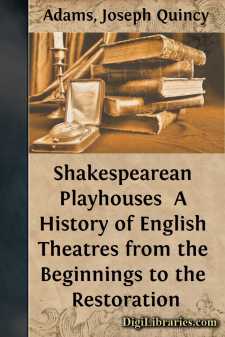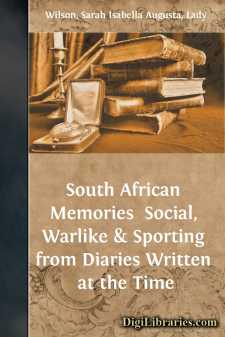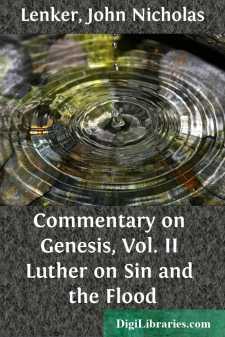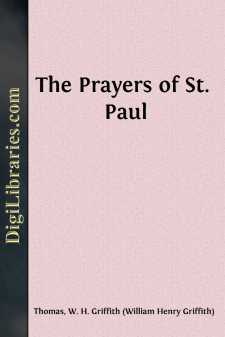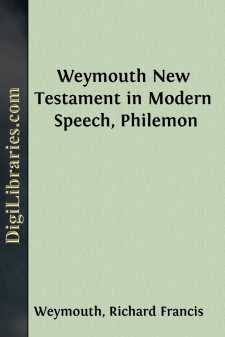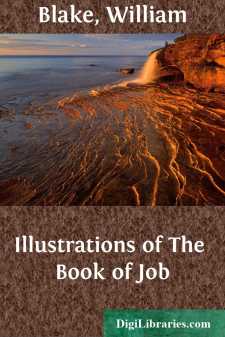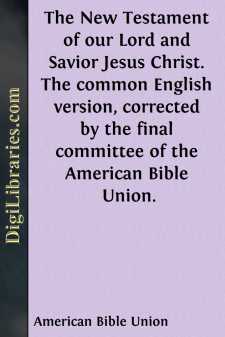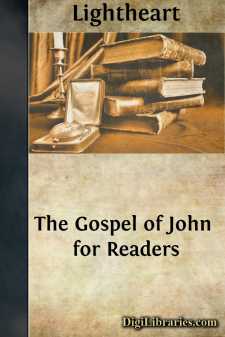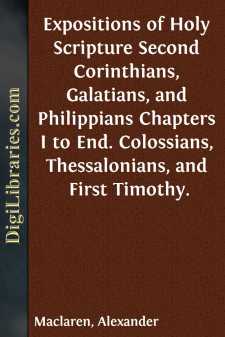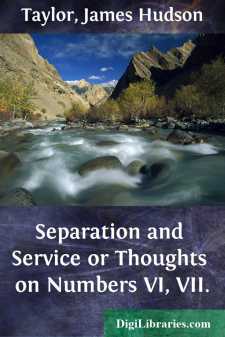Categories
- Antiques & Collectibles 13
- Architecture 36
- Art 48
- Bibles 22
- Biography & Autobiography 813
- Body, Mind & Spirit 142
- Business & Economics 28
- Children's Books 14
- Children's Fiction 11
- Computers 4
- Cooking 94
- Crafts & Hobbies 4
- Drama 346
- Education 46
- Family & Relationships 57
- Fiction 11828
- Games 19
- Gardening 17
- Health & Fitness 34
- History 1377
- House & Home 1
- Humor 147
- Juvenile Fiction 1873
- Juvenile Nonfiction 202
- Language Arts & Disciplines 88
- Law 16
- Literary Collections 686
- Literary Criticism 179
- Mathematics 13
- Medical 41
- Music 40
- Nature 179
- Non-Classifiable 1768
- Performing Arts 7
- Periodicals 1453
- Philosophy 64
- Photography 2
- Poetry 896
- Political Science 203
- Psychology 42
- Reference 154
- Religion 513
- Science 126
- Self-Help 84
- Social Science 81
- Sports & Recreation 34
- Study Aids 3
- Technology & Engineering 59
- Transportation 23
- Travel 463
- True Crime 29
Shakespearean Playhouses A History of English Theatres from the Beginnings to the Restoration
Categories:
Description:
Excerpt
THE INN-YARDS
BEFORE the building of regular playhouses the itinerant troupes of actors were accustomed, except when received into private homes, to give their performances in any place that chance provided, such as open street-squares, barns, town-halls, moot-courts, schoolhouses, churches, and—most frequently of all, perhaps—the yards of inns. These yards, especially those of carriers' inns, were admirably suited to dramatic representations, consisting as they did of a large open court surrounded by two or more galleries. Many examples of such inn-yards are still to be seen in various parts of England; a
One of the earliest extant moralities, Mankind, acted by strollers in the latter half of the fifteenth century, gives us an interesting glimpse of an inn-yard performance. The opening speech makes distinct reference to the two classes of the audience described above as occupying the galleries and the yard:
O ye sovereigns that sit, and ye brothers that stand right up.
The "brothers," indeed, seem to have stood up so closely about the stage that the actors had great difficulty in passing to and from their dressing-room. Thus, Nowadays leaves the stage with the request:
Make space, sirs, let me go out!
New Gyse enters with the threat:
Out of my way, sirs, for dread of a beating!
While Nought, with even less respect, shouts:
Avaunt, knaves! Let me go by!
Language such as this would hardly be appropriate if addressed to the "sovereigns" who sat in the galleries above; but, as addressed to the "brothers," it probably served to create a general feeling of good nature. And a feeling of good nature was desirable, for the actors were facing the difficult problem of inducing the audience to pay for its entertainment.
This problem they met by taking advantage of the most thrilling moment of the plot. The Vice and his wicked though jolly companions, having wholly failed to overcome the hero, Mankind, decide to call to their assistance no less a person than the great Devil himself; and accordingly they summon him with a "Walsingham wystyle." Immediately he roars in the dressing-room, and shouts:
I come, with my legs under me!
There is a flash of powder, and an explosion of fireworks, while the eager spectators crane their necks to view the entrance of this "abhomynabull" personage....


